
Introduction
Frozen-food diet is based on frozen food packed intended for the weight reduction and it is easy to prepare. It is mostly the food that is convenient for microwave. This diet was firstly presented by Good Housekeeping magazine 1998. Afterward, frozen-food diet was developed by Department of Food Science and Human Nutrition at the University of Illinois, American Frozen Food Institute and Dr. Caroline J. Cederquist.
Commercial frozen-food diets consist of approximately 1,200 calories, mostly from lean proteins and complex carbohydrates. They don’t include potatoes, white bread and pasta. They are nutritionally balanced. To maintain hydrated Cederquist suggests that you should drink eight glasses of water per day or alternatively flavored water, decaffeinated diet soda or diet fruit juice. She advices to avoid fruit juices due to their sugar level and limit coffee, tea and diet soda to two drinks daily.
Frozen-food diets are excellent for those who don’t have much time for meal preparation and who are not keen on cooking. Also, for people who are trying to lose weight it makes easier to count calories. This is the especially aim of Good Housekeeping frozen-food diet.
Additionally, there are frozen-food diets for diabetics that don’t contain simple sugars. Generally, frozen food is safe and the only risk comes from thawing and refreezing. Of course, it can not stay too long in the freezer.
Frozen-Food Diet Advantage
Apart from being convenient and easy-to-prepare, frozen-food diets are nutritionally balanced, rich in vitamins and minerals and low in calories and fat. Good Housekeeping frozen-food diet meals take less than 10 minutes to prepare and with regular use person can reduce his weight by 1-1.5 lb per week.
Another advantage is that frozen-food cannot be spoiled like fresh one when it has to be harvested, transported and stored.
Shortcomings of Frozen-Food Diets
Frozen meals can be significantly more expensive than fresh food and preparation of food. Secondly, you must have sufficient freezer capacity. Also, frozen-foods diet meals are full of damaging chemicals. Frozen diet food contains monosodium glutamate, flavorings and hydro-lyzed vegetable protein.
Nevertheless, frozen-food research FDA in US, in the 1990s, stated that frozen food is equally or more nutritious than fresh food. Research conducted in University of Illinois in 2003 has discovered women, who ate frozen food, had lost about 12 lb in eight weeks comparing to women who cooked meals and had lost 8 lb in the same period of time. All in all, frozen food is very profitable industry and average American consumes six frozen meals in one month.


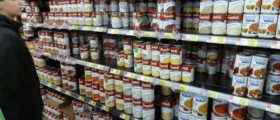



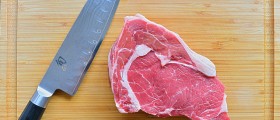
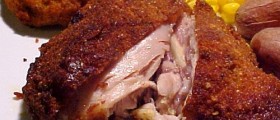
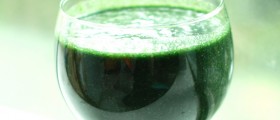

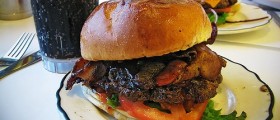






Your thoughts on this
Loading...